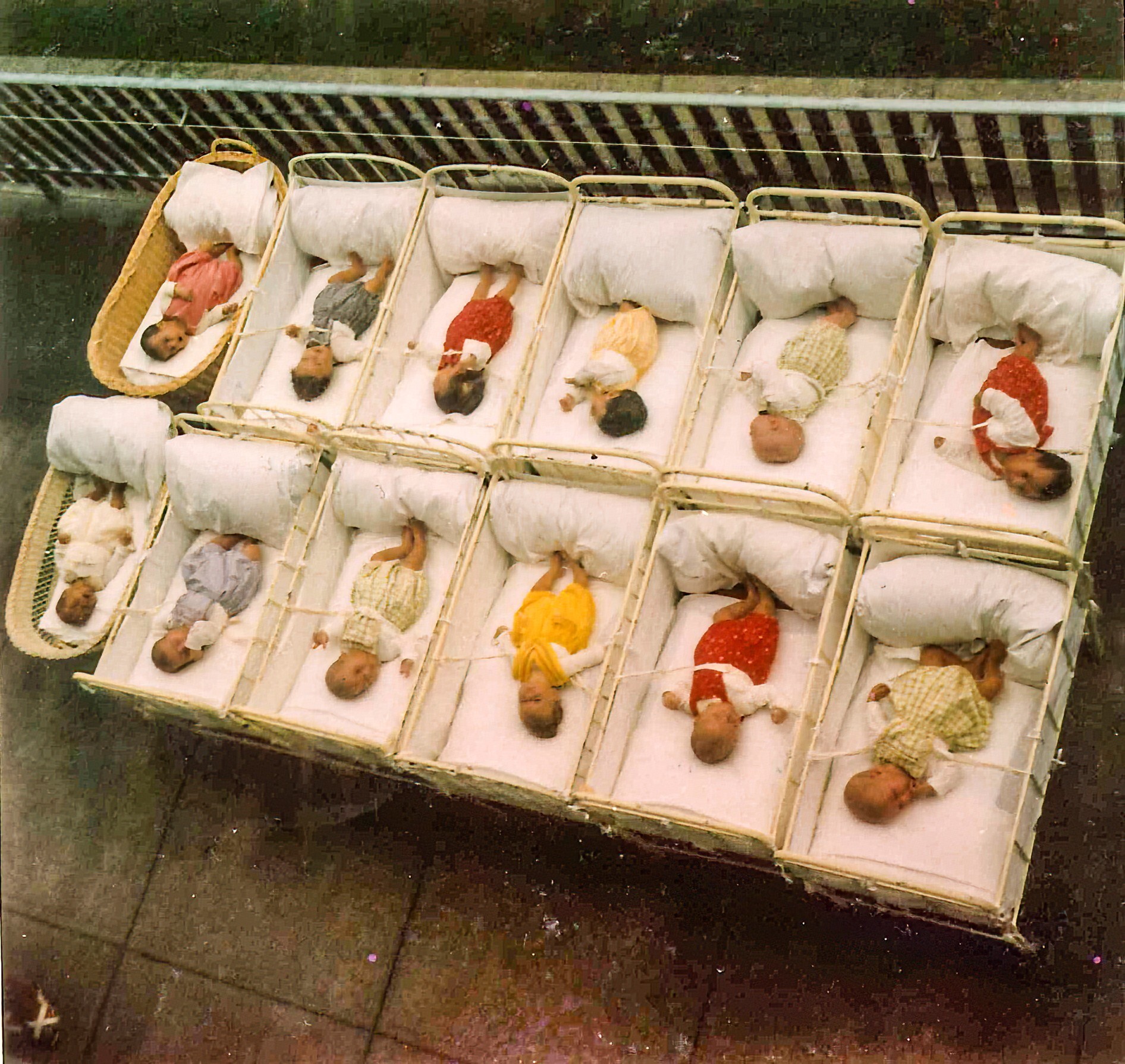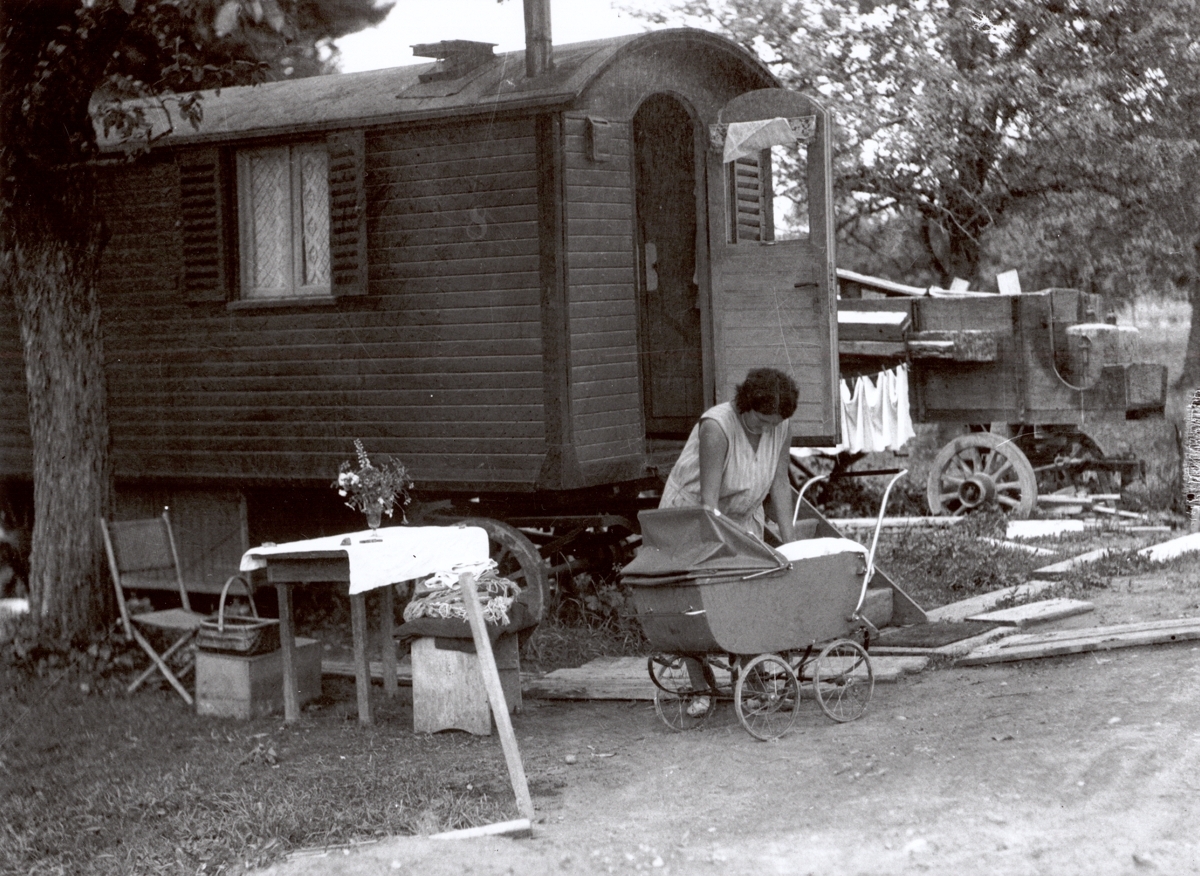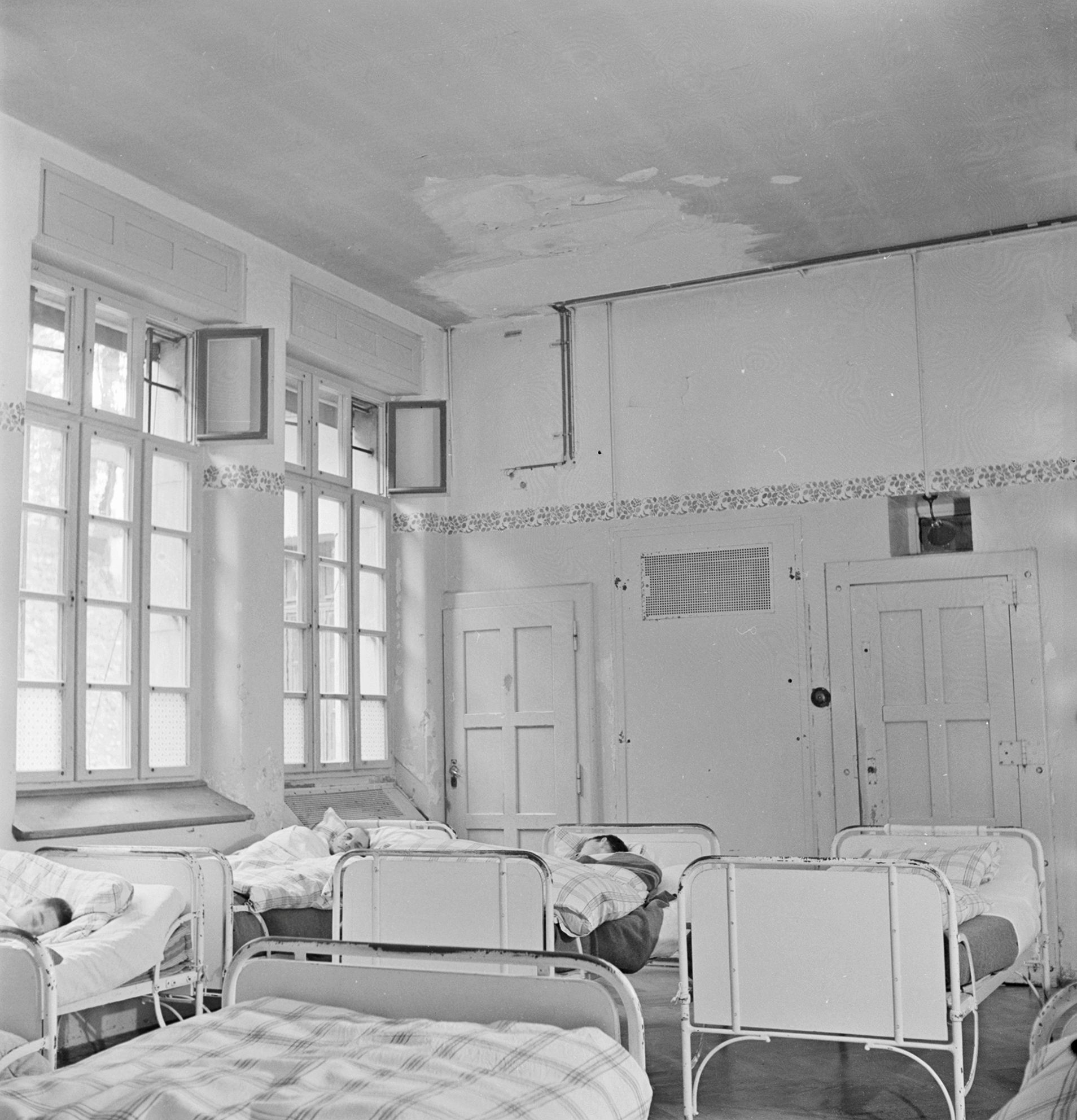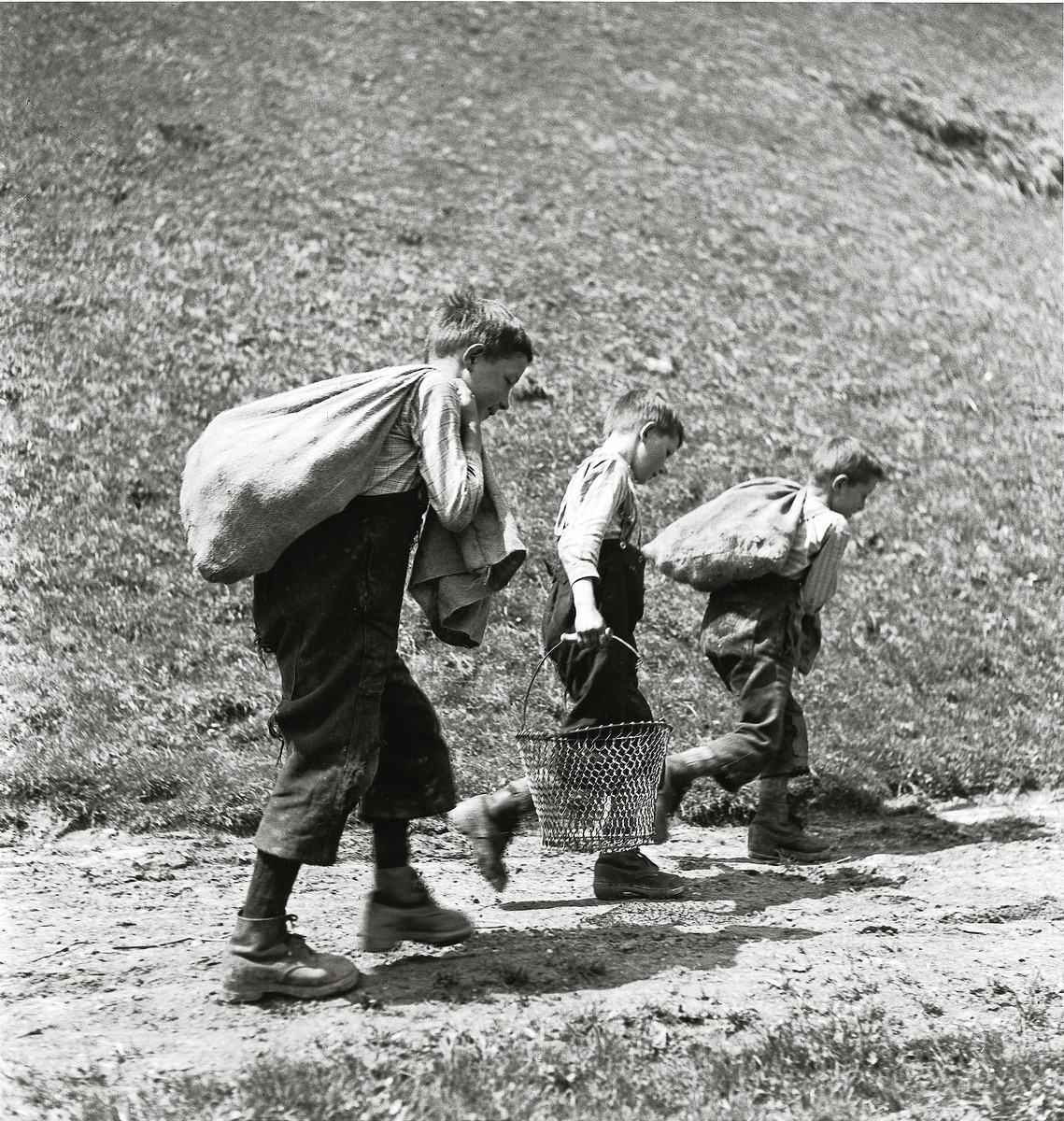Scientific research
Research is a central component of the reappraisal and an important point of focus for those affected. It reveals why compulsory social measures and placements occurred, who ordered them and how they were implemented. Scientific research helps us to understand the injustices that were suffered and their consequences.

Critical examination of compulsory social measures
Published scientific works on compulsory social measures and placements date back to the early 20th century. However, these studies generally regarded the victims as objects and often served to justify the compulsory social measures that were applied. It is only since the 1980s that such measures have been critically analysed by scientific studies. Today, a variety of disciplines are involved in this field of study, including history, social sciences, social work, psychology and law. The perspectives and experiences of those affected are considered valuable expertise and are incorporated into the research. Participatory approaches are becoming increasingly important. Those affected are actively involved in the research process, supporting the development of questions, for example.
Different fields of research
Research on compulsory social measures often focuses on particular victim groups. One early topic of study was the intervention of the “Hilfswerk für die Kinder der Landstrasse” aid organisation from the Pro Juventute Foundation in the lives of Yenish people. Studies on eugenics and coercion into psychiatric care, and the guardianship system constitute a separate field of research. Later, the focus shifted to topics such as the “contract children” system (indentured child labourers), residential care, and the administrative detention of adults in “labour institutions”. Today, further areas are being researched, including placements in “poorhouses”, domestic and international adoptions under duress and the consequences of seasonal immigration status for families and their children.

Babies on the terrace of the Alpenblick home in Hergiswil.
There were few staff and many young children to care for. From the 1960s onwards, nurses and nursing students attempted to implement the findings of research conducted by the Institute for Child Psychology, founded in 1957 by child psychiatrist and early childhood researcher Marie Meierhofer, in order to improve care conditions.
Image: private collection

Yenish mother with child
The state intervened massively in Yenish families with the help of the Pro Juventute Foundation's ‘Aid Organisation for the Children of the Road’ (Hilfswerk für die Kinder der Landstrasse). These interventions were investigated by researchers at an early stage.
Image: Hans Staub. Source: 1978.999.559, © Hans Staub / Fotostiftung Schweiz.

Interior views of the Waldau or Münsingen psychiatric clinic, 1948
The photograph was probably taken in 1948 by Walter Nydegger for the Bernese cantonal government. Research into the history of psychiatry is an important field of research in the reappraisal of compulsory social measures and placements in care.
Image: Walter Nydegger. Source: Innenansichten der Psychiatrischen Kliniken Waldau und Münsigen für den Regierungsrat, 1948, Staatsarchiv des Kantons Bern, StABE FN Nydegger 1096, Nr. 11.

Potato planting in Entlebuch, Romoos, 1941
Children in care and children who were sent to work often had to perform hard labour and frequently experienced violence, exploitation and neglect. Interdisciplinary research into the history of these children covers a wide range of topics.
Image: Theo Frey. Source: 2007.55.037, © Theo Frey / Fotostiftung Schweiz.
Since around 2010, regional studies of individual cantons and municipalities also begun. Various institutions have also increasingly begun to reappraise their own past through research. At the national level, the National Research Programme NRP 51 Social Integration and Social Exclusion ran from 2003 to 2007 and addressed social exclusion processes that were also in effect with compulsory social measures. From2014 to 2019, the Independent Expert Commission (IEC) investigated administrative detention, i.e. non-criminal detention, in “labour” and other “institutions”. Building on this, the National Research Programme NRP 76 Welfare and Coercion (2017-2024) examined the long-term consequences of coercive care measures and the current use of coercion in the social sector. The national churches have also started to examine their involvement in compulsory social measures.
The importance of scientific research
Research into compulsory social measures and placements shows that these measures were an integral part of Swiss social policy until well into the second half of the 20th century. It is estimated the lives of several hundred thousand people were affected in the 19th and 20th centuries.
Scientific research is a central component of this reappraisal by society. It provides the empirical basis for political recognition and contributes to altering the collective memory, helping to build a culture of remembrance that includes everyone. Research also shines a spotlight on traditional depictions of history, shedding a more nuanced light on notions of Switzerland as a progressive and democratic nation. Last but not least, research continually raises new questions. It sheds light on topics from different angles and provides insights that stimulate critical reflection on the rule of law, current practices in society, and the protection of children and adults.
